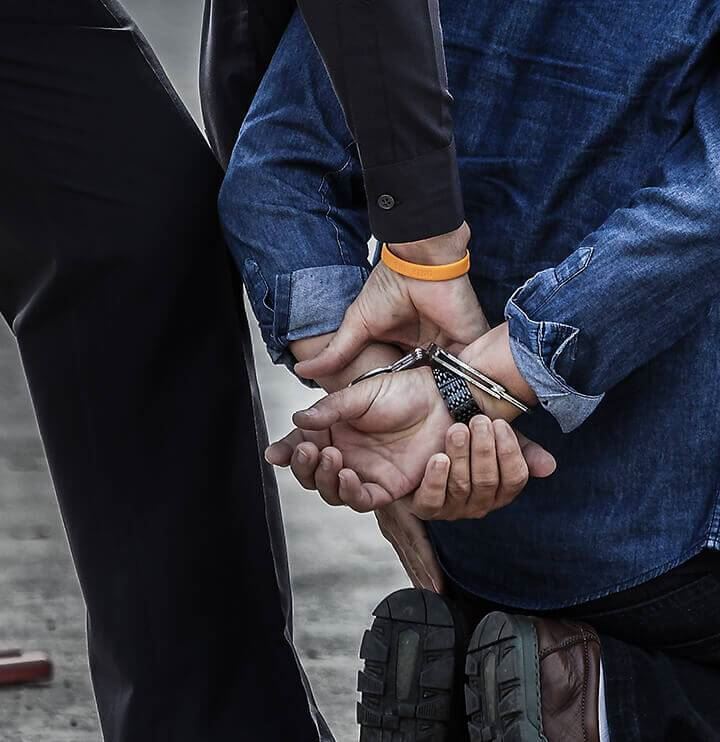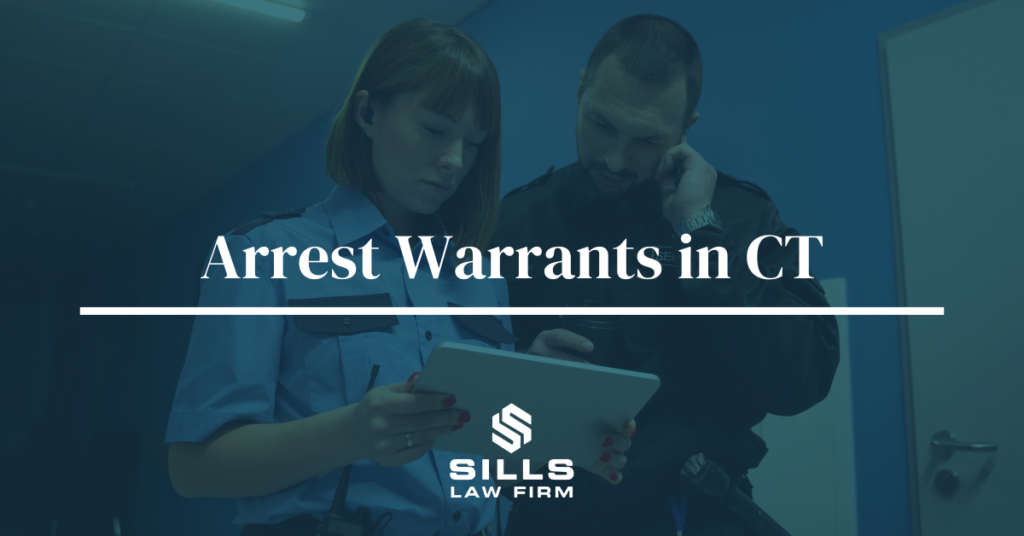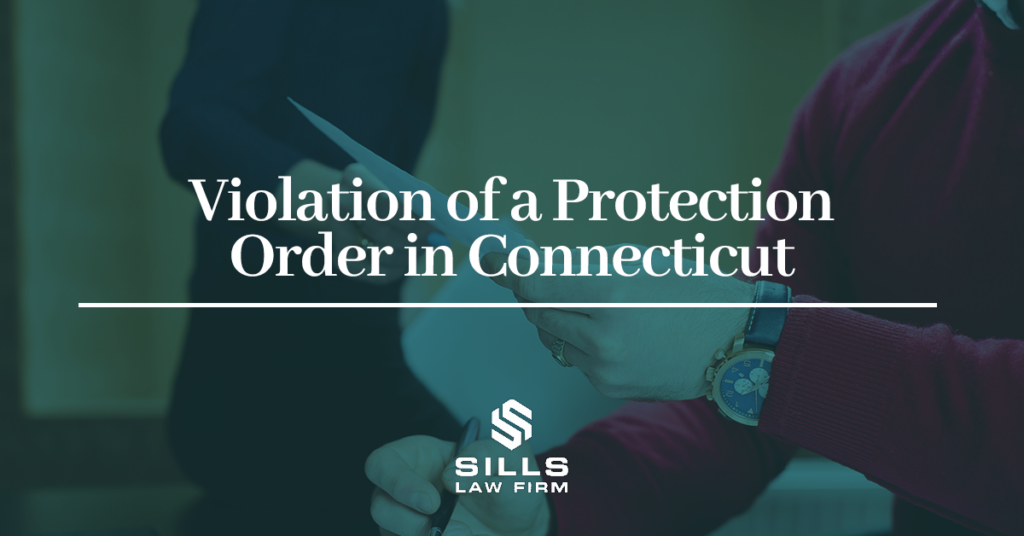A criminal record has long-lasting consequences that can affect every aspect of your life: where you live, where you work, your immigration status, and even whether or not you can obtain a loan. Fortunately, there is a way to clear your record if enough time has passed and you’ve kept a clean record since your last arrest.
In Connecticut, the expungement process allows eligible individuals to have their criminal records erased. Referred to as a pardon, it can take about a year to decide about your pardon application. If you are successful, then your adult criminal record may be erased as though it had never occurred. Below we’ll discuss how you can get a pardon, or expungement, of your criminal record.
The Sills Law Firm represents people throughout Connecticut who are facing criminal charges and those who want to have their criminal history cleared through the pardon/expungement process. If you have been convicted of a crime, our law offices can help you determine if you are eligible for a pardon and can help you through the application process. Reach out today for a free consultation with an expungement attorney.
Expungement Pardon & Provisional Pardon
To start, any crime and offense can be pardoned, whether it’s a felony, misdemeanor, or violation. If you’re seeking a pardon, you have two options: an expungement pardon or a provision pardon. An expungement pardon – or absolute pardon – completely gets rid of your criminal record, and the public will no longer be able to see your arrest or conviction. If you apply for a job or an apartment, you do not have to disclose your pardoned criminal arrest.
A provisional pardon – or certificate of employability – does not erase the offense from your record but instead removes barriers that might make you ineligible for employment, a driver’s license, a permit, and more. While you must disclose your criminal conviction if an employer asks, it is illegal for them to deny you a job based on your criminal record alone.
Both an expungement pardon and a provisional pardon are incredibly important documents. While an absolute pardon is preferable if available, a provisional pardon is still valuable even though it does not remove convictions from your record.
With this pardon, you will get a certificate of employability. This is an official state document that certifies that despite your criminal history, you should not be prevented from getting a job or a professional license. If you have a certificate of employability, it is illegal for employers to deny you a job based on your criminal record alone.
What Crimes Can Be Expunged?
In Connecticut, any criminal offense can be expunged provided that enough time has passed. However, some cases are automatically eligible for expungement. This includes:
- A criminal case where a defendant was charged with a crime but found “not guilty” at trial;
- A case that was dismissed by the court;
- A case where the charges were dropped by the prosecutor and at least 13 months have passed; and
- A case that was put on hold, and at least 13 months have elapsed without prosecution or other action on the matter.
These cases should automatically be erased without any action from the person charged in the case. However, if a criminal charge remains on your record, you can file a petition with the court to ask that it be removed. An experienced Connecticut criminal defense lawyer can help you with the process.
In addition to cases eligible for automatic expungement, the possession of small amounts of marijuana was reclassified from a misdemeanor offense to a minor violation in 2011. As a result of this decriminalization, anyone with a criminal record related to possession of less than ½ of an ounce of marijuana from before 2011 can seek to have that conviction erased.
If your case is not eligible for automatic expungement, then you may be able to seek either an absolute or a provision pardon. In Connecticut – unlike most states – any criminal offense, including felonies, can be expunged. This includes violent crimes, unclassified felonies, and other offenses. You simply have to wait the required amount of time to file an application for a pardon.
While any crime can be expunged, it is still a discretionary process. The Connecticut Board of Pardons can either grant or deny an expungement pardon or a provisional pardon. If your application is denied, you cannot appeal it. However, you can reapply for a pardon in the future.
Applying for a pardon can be time-consuming and complicated. However, there are a lot of benefits to having your record expunged. If your petition for an absolute pardon is successful, then no criminal history will show up on a standard background check and you legally state that you do not have a criminal record. While your record is still viewable by criminal justice agencies, it will no longer be part of the public record.
Pardon Time Limits
Before you can apply for a pardon you must wait a certain amount of time, depending on the severity of your crime. If you wish to receive an expungement pardon, you must wait 5 years after a felony conviction or 3 years after a misdemeanor conviction. For a provisional pardon, you can apply for it any time after being convicted and sentenced.
Applying for a Pardon
To apply for an absolute pardon, you must wait either 3 years after a misdemeanor conviction or 5 years after a felony conviction. In addition, you cannot have a criminal case pending and cannot have been convicted of a crime since the conviction that you are attempting to erase.
If you meet the criteria, these are the steps you must take to apply for a pardon:
- Obtain a copy of your criminal history and police reports that resulted in convictions from the last 10 years
- Get a complete set of fingerprints
- If you served probation, get a letter from the Office of Adult Probation that states the date you were discharged from probation
- Find three references to fill out your form
- Get the application notarized and send it to The Board of Pardons and Paroles
Importantly, a criminal history from the state police may not include all convictions or charges – including DUI/DWI and reckless driving offenses. If you know that you have convictions that don’t show up on your criminal record, you should contact the court where you were convicted, the local police department where you were arrested, or other government agencies to get the necessary information for your pardon application.
If your offense was considered nonviolent, then you may be able to have your pardon application reviewed in an expedited manner. In 2015, Connecticut changed its expungement laws to allow nonviolent offenders who committed so-called “victimless” crimes to have their application reviewed without a hearing before the Board of Pardons and Parole. With an expedited review, the Board can choose to grant or deny a pardon or may continue your application to a full panel hearing.
What Happens Next?
Usually, it takes about a year for The Board, the State Police, and the Judicial Department to review your record and make a decision. In making its decision, the Board will look at factors such as:
- The severity of the offense;
- The impact on the victim;
- Your explanation for the crime
- Your employment history;
- Your educational background;
- Your military background, if any;
- Drug or alcohol treatment or other signs of rehabilitation; and
- Any other relevant factors.
You may also be asked to appear at a pardon hearing, depending on the type of conviction.
Remember: an expungement pardon is not guaranteed. Even if you believe that you have a strong case, it is still up to the Board to make a final decision based on all of the circumstances of the crime and your life. If you are considering expungement, a seasoned Connecticut expungement lawyer can help you determine whether you are a good candidate for complete erasure of your criminal record and what types of evidence to put together to prove your case.
If your expungement application is denied, the Board must provide you with the reasons for the denial in writing. You must wait at least a year before reapplying for an absolute pardon. Your lawyer will review the denial paperwork and work with you to put together an application that addresses these issues. For example, if the Board denied your application because you admitted that you still struggle with substance abuse, your attorney may advise you to attend treatment and get clean before applying again.
Regardless of the crime, the pardon process is complex and drawn out. If you want to talk about your case, please contact our Connecticut criminal defense attorneys at The Sills Law Firm immediately.
Get Help with the Expungement Process from the Sills Law Firm
Even if you have maintained a squeaky-clean record since your last conviction, getting a pardon can be challenging. In addition to gathering all of the proper documentation to support your application, you will also need to demonstrate to the Board that you meet the criteria for an expungement pardon. If you qualify, the potential payoff for a pardon is immense: there will be no official public record of your conviction.
At the Sills Law Firm, we represent both individuals who are facing criminal charges and those who are seeking to clear their criminal records. We work hard to help our clients get the best possible outcome, including helping them get their criminal conviction erased from their record. To learn more or to schedule a free consultation with a Connecticut expungement lawyer, give us a call at 860-524-8118 or fill out our online contact form.
Related: Misdemeanor Lawyer in CT





